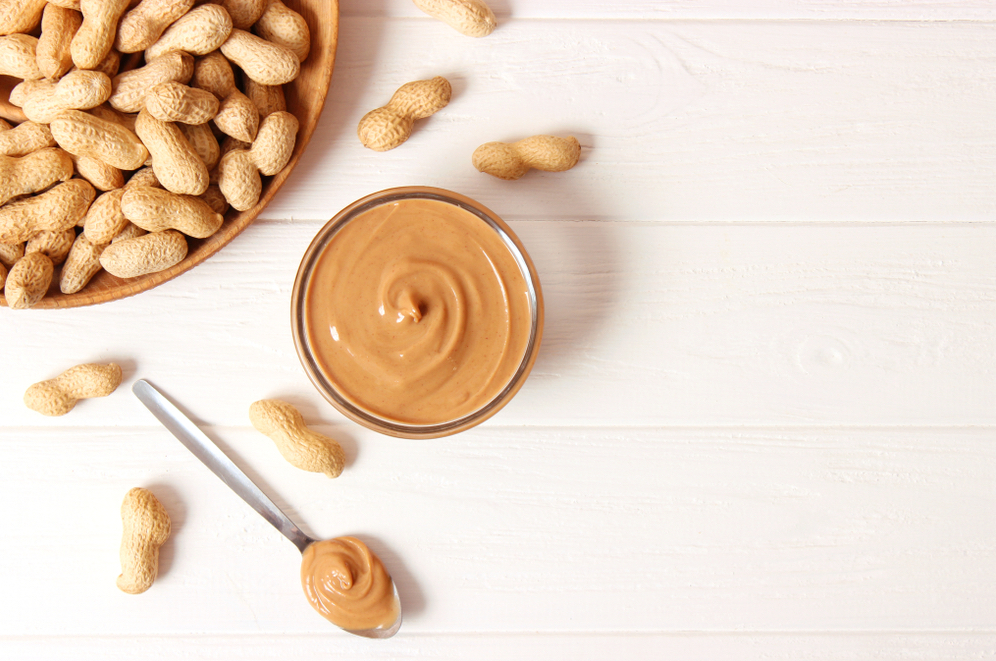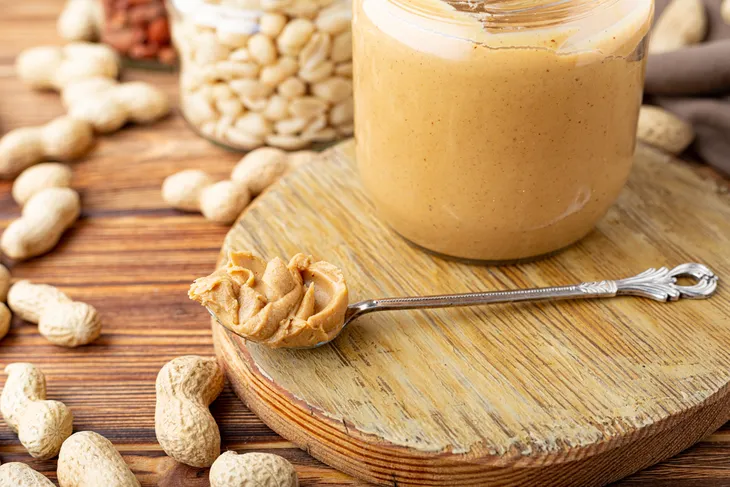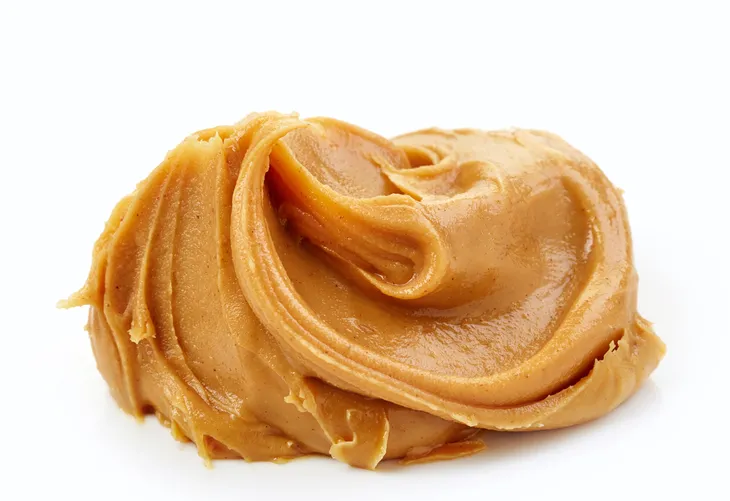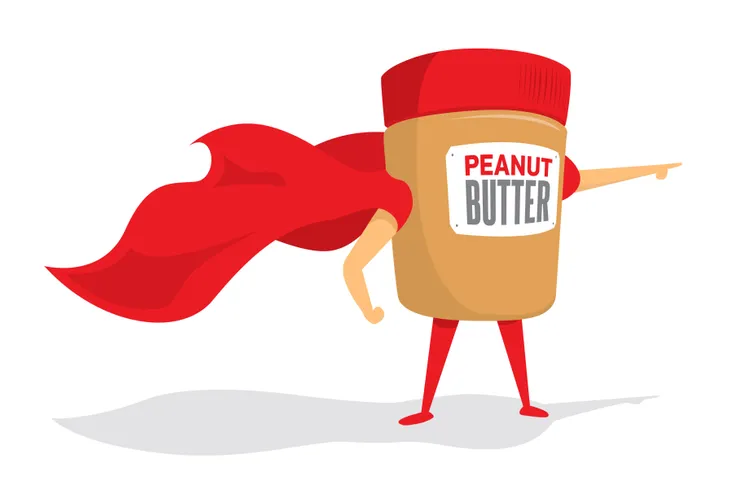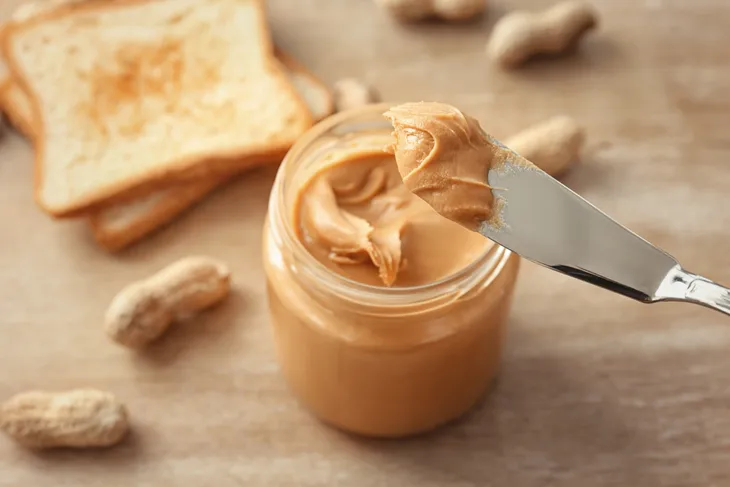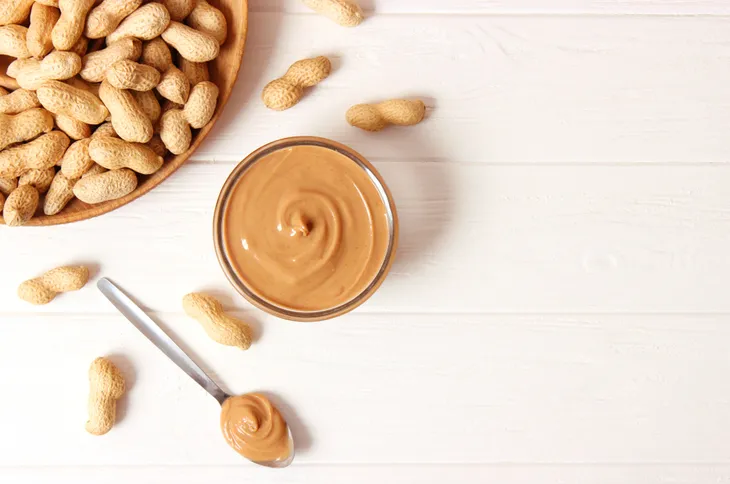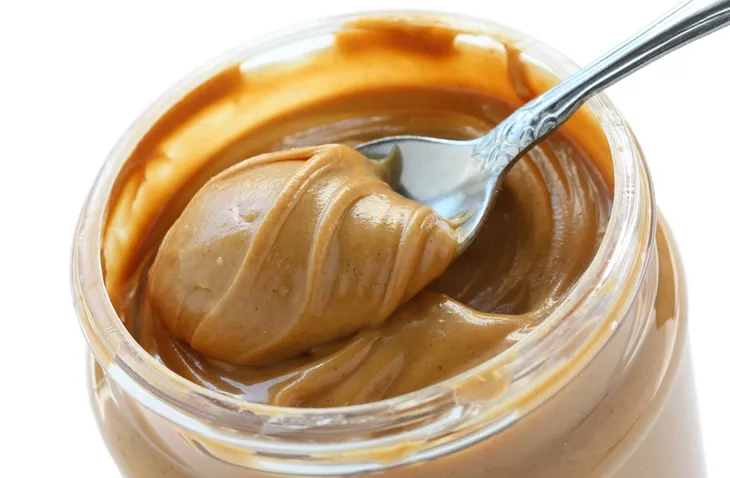T00-dah is nauh-tion-all-pee-nut-buh-ter-daaaaaaaeeee…sorry, I had something stuck to the roof of my mouth. Today is National Peanut Butter Day!
January 24th is a day where we can indulge in the sticky, lip-smacking, crunchy vs. smooth debate while we eat peanut butter rice krispy treats all day long, but hey, those are just my plans. How will you celebrate, peanut butter lovers? No matter if you prefer yours creamy, chunky-monkey, raw au-natural, or with chocolate or stuck to jelly, there’s little doubt that North Americans have loved peanut butter for generations…
A Source of Sticky Canadian Pride
Even though peanut butter can be dated back to Aztec times, and although many folks (even George Washington Carver) have been credited as the inventor of peanut butter….suck it Americans, the process for making peanut butter was actually invented in Canada in 1884.
According to his official patent application, Canadian chemist, Marcellus Gilmore Edson, is considered the first person to patent a finished peanut paste, which he milled roasted peanuts between two heated surfaces and cooled to the “consistency…of butter, lard, or ointment.”
No Nuts About It!
While the very name “peanut butter” contains the word “nut,” peanuts are not nuts at all. In fact, peanuts are legumes that don’t grow on trees like other nuts (i.e., almonds, pecans, chestnuts, walnuts). Peanuts grow underground and belong to the pea, bean, lentil, and edible seed family, called leguminosae, which all grow in pods..
The actual peanut takes about 5-months to fully grow—from planting to harvesting. And it’s the peanut seed we actually pluck from it’s pod to eat. That might seem like a lot of fancy finger work when you consider the fact that it takes roughly 540 individual peanuts to make one 12-ounce jar of peanut butter.
Peanut Butter Benefits
It’s no surprise that peanuts themselves are a rich source of protein. However, once ground down smooth or chunky into peanut butter, particularly if you nosh or the natural nut butter, this popular spread contains plenty of vitamins, minerals, amino acids, and antioxidants to boot.
As far as minerals go, peanut butter is a rich source of calcium, iron, zinc, selenium, manganese, copper, and potassium. The bounty of B-vitamins within each smear also contains essential B-complex vitamins (vitamin b-6, folates, riboflavin, thiamin, pantothenic acid, and niacin, which promotes immune strength, blood flow to the brain, and so much more.
But That’s Nut All…
Peanuts and peanut butter is also high in fibre and monounsaturated fatty acids (MUFA), like oleic acid, which has been repeatedly linked to decreasing LDL (bad) cholesterol while increasing HDL (good) cholesterol to prevent things like high cholesterol, heart disease, and stroke.
Research from Oregon State University notes that additional antioxidants found in peanuts and peanut butters are rich in poly-phenolic antioxidants (i.e., resveratrol) and primarily p-coumaric acid, linked to lowering the risk of several diseases—such as Alzheimer’s disease, fungal infections, degenerative nerve diseases, and several types of cancer, in particular, stomach cancer.
Sticky Labelling
Since its invention in 1884, people have spread and drizzled peanut butter on everything from toast to chocolate sundaes and from waffles to smoothies. However, it turns out that with so many brands of nut butter to pick from, how can you be sure you’re purchasing the real deal, and not pure junk with nothing but sugar, oils, salt, and added flavor?
Luckily, the Peanut Institute can point us away from the nutty impostures and towards dietary nut super-spreads with this official explanation, “to be called peanut butter, both traditionally commercial and “natural” types must contain a minimum of 90-percent peanuts, with no artificial sweeteners, colors, or preservatives.
A Note on Peanut Allergies
According to a U.K. study entitled “Effect of Avoidance on Peanut Allergy after Early Peanut Consumption,” published in The New England Journal of Medicine, introducing your child to peanuts early on in life significantly reduces the risk of peanut allergies.
These study findings even showed that participants who discontinued eating peanuts (for 12-months) after the study showed had lower rates of peanut allergy compared to child participants who avoided peanuts altogether.
